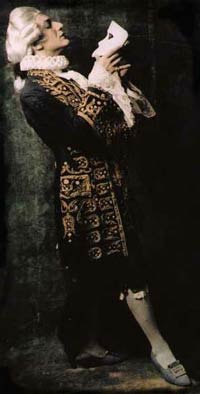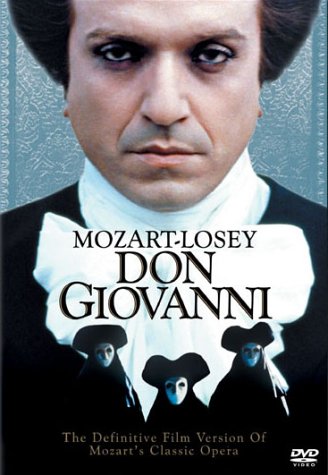|
contact |
||
|
|
|
|
Throughout his adventures, Casanova is never less than an observant, personable guide. The deftly written sketches of those he encounters-including Catherine the Great of Russia, Pope Clement XIII, Voltaire, and the French dramatist Crebillon-show his formidable intelligence and curiosity. His descriptions of a host of others-including lower dignitaries, actresses and actors, inn-keepers, spies, and commoners-reveal his wit and his desire to unveil the broad scope of the eighteenth-century Continental world.
It seems that Giovanni Giacomo Casanova (1725-1798) wasn't really a Casanova after all ... or, rather, not according to the contemporary definition of the word. Belgian psychoanalyst Lydia Flem presents a bold new interpretation of Casanova's life as seen through his 12-volume History of My Life (incredibly, it's incomplete), excerpts from which are sprinkled liberally throughout the text of her book Casanova. Yes, it's true, the man dedicated his life to the pursuit of happiness, but he also once declared that "to be happy, it seems to me one needs only a library." And far from being a serial seducer who conquered women only to abandon them, he treated women as intellectual equals, was almost never the one to initiate a breakup, and remained friends with many of his former lovers. Flem's insights into Casanova's life--and his memories of that life--are delivered in lively prose that moves quickly without skimping on intelligence.
|
|
| top
|
|










 View opera DON GIOVANNI
View opera DON GIOVANNI



